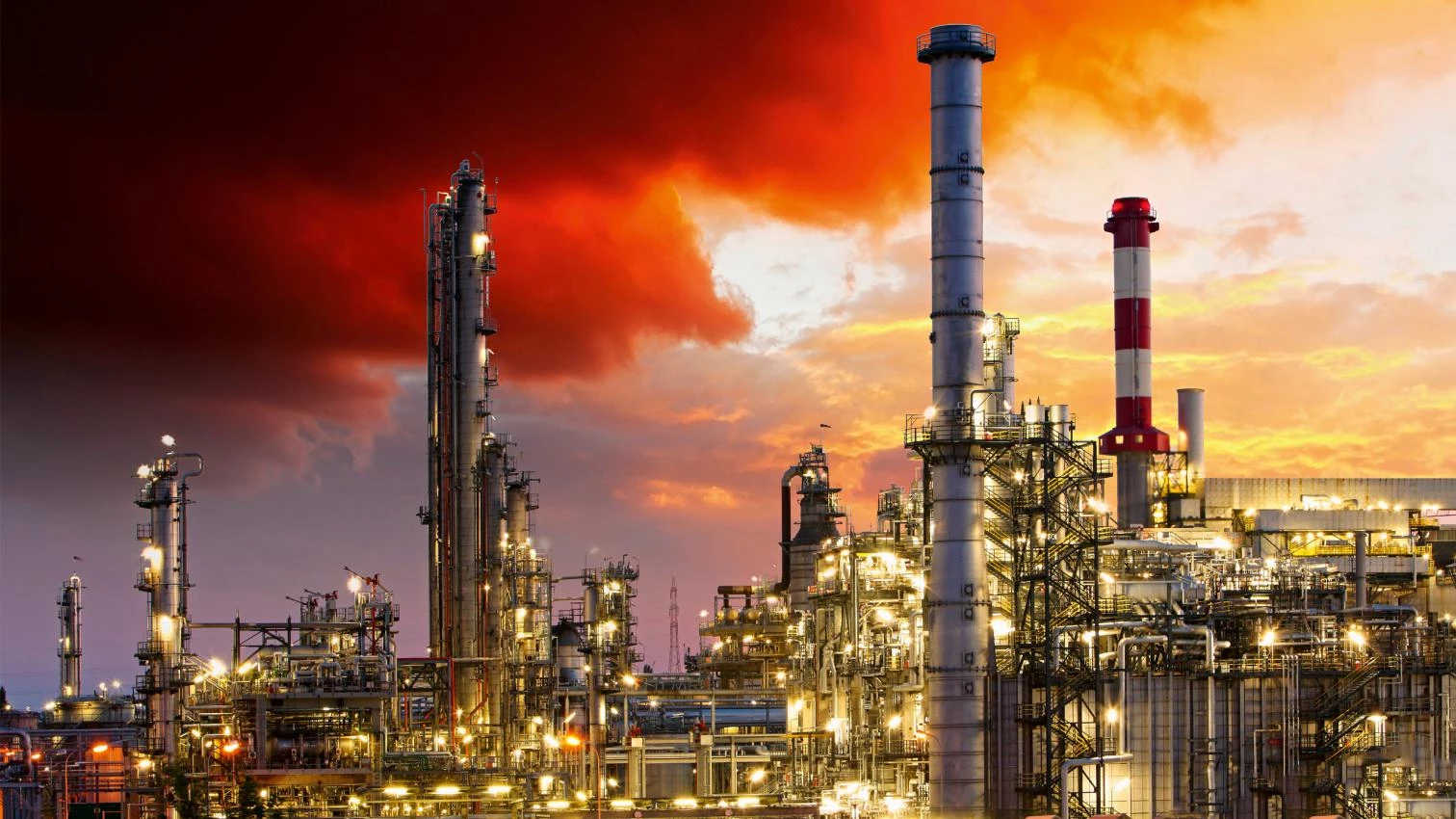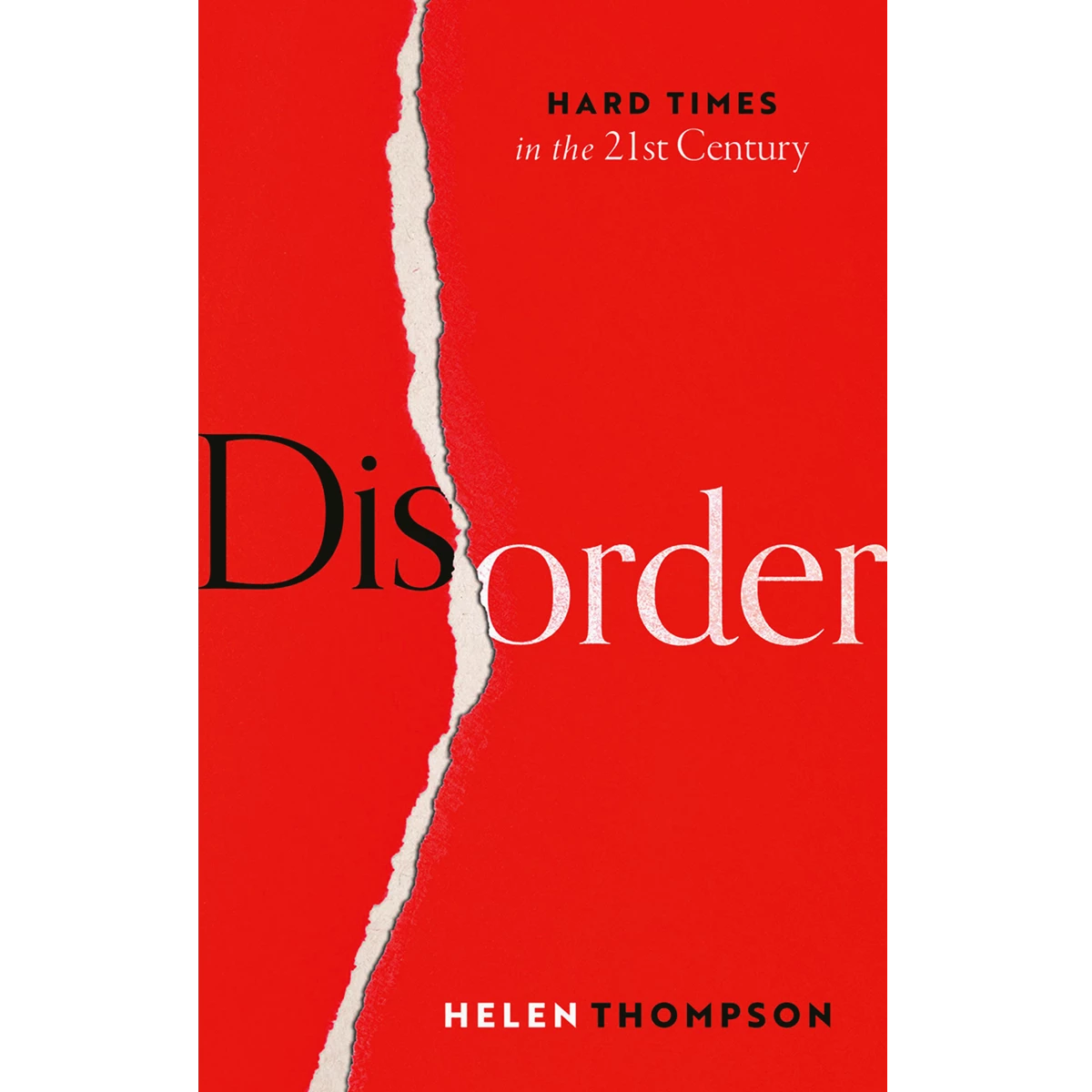
Helen Thompson is Professor of Political Economy at Cambridge University, and Disorder gives a history of the 21st century where both the terms of her chair are interpreted from the prism of energy. As in her work of 2017, Oil and the Western Economic Crisis, oil and gas take center stage in a scene where our ‘hard times’ involve financial, military, and social struggles that have shaken the opening decades of this century. In her narrative, which tries to explain politics from the historical perspective provided by la longue durée, Thompson rejects the usual interpretation that puts the spotlight on the rise of nationalist populism and the decline of the liberal international order after the crisis of 2007-2008, instead perceiving energy as the main cause of current economic and geopolitical fracture lines. Like the American energy expert Daniel Yergin (whose The New Map was reviewed in Arquitectura Viva 241), the British academic thinks the conflicts between superpowers are motivated by access to energy sources, and in these terms she describes the political turning point of 2016, marked by Brexit and Trump.
Apart from the disagreements between the United Kingdom and the European Union, or the growing divisions in the United States, the denouements of that moment took place in a context defined by China’s turn from the Pacific toward Eurasia, Russia’s return to the Middle East, and the USA’s new emergence as the world’s largest producer of oil and gas, prioritizing China’s technological threat over Russia’s military one. This panorama of the planet is described in the book through three interwoven narratives: a geopolitical history centered on energy, which stresses the competiton between the United States and Russia for gas sales to Europe, China’s vulnerability in fossil fuels and its strength in the new green economy, as much in the area of renewables as in that of the metals it depends on; an economic history, which adds to energy the financial dimension, the accumulation of debt, China’s integration in world markets, and the Eurozone crisis; and a history about democracies, more dependent on international capital flows than on citizens, increasingly plutocratic and indifferent to social demands.
The author puts special emphasis on the US Navy’s control of the routes through which China gets oil, and the latter’s efforts towards self-sufficiency through the ‘Made in China 2025’ strategy; on NATO’s subordination to the logic of American power; and on the contradiction between the energy hegemony that fracking gave the US and the country’s strategic transition to renewables and electrification. The recurring world crises caused by these mutations have been made worse by the deterioration of national politics, burdened by the ‘aristocratic excesses’ that have exacerbated inequality over the past four decades in the affluent world: the pandemic has catalyzed in it substantial changes, while increasing underlying disorder, and the question now is whether democracies will manage to survive the turbulences produced by climate change and by the race for energy sources.







